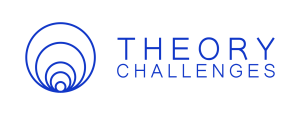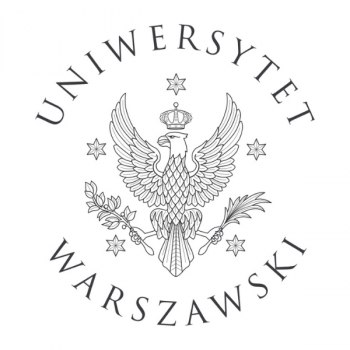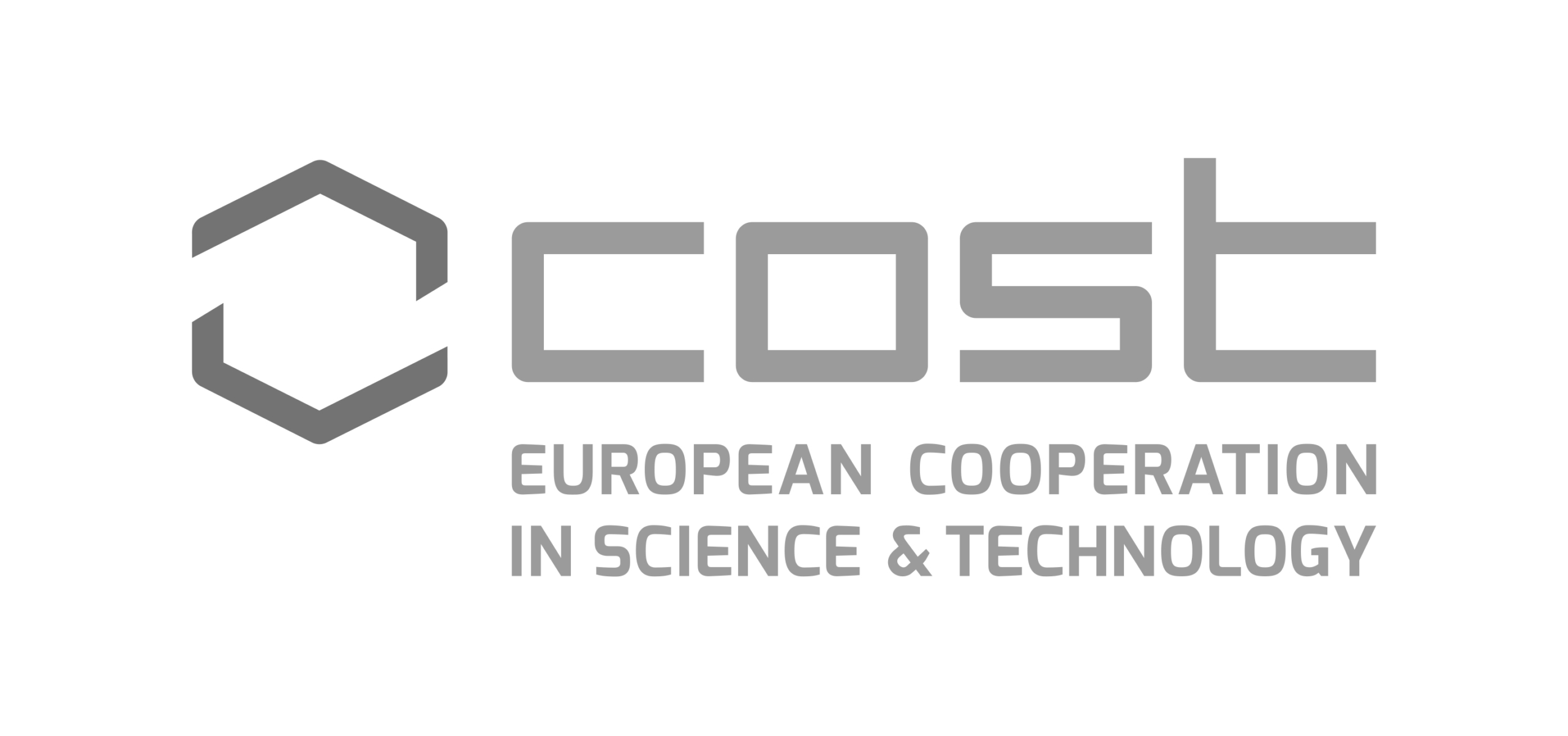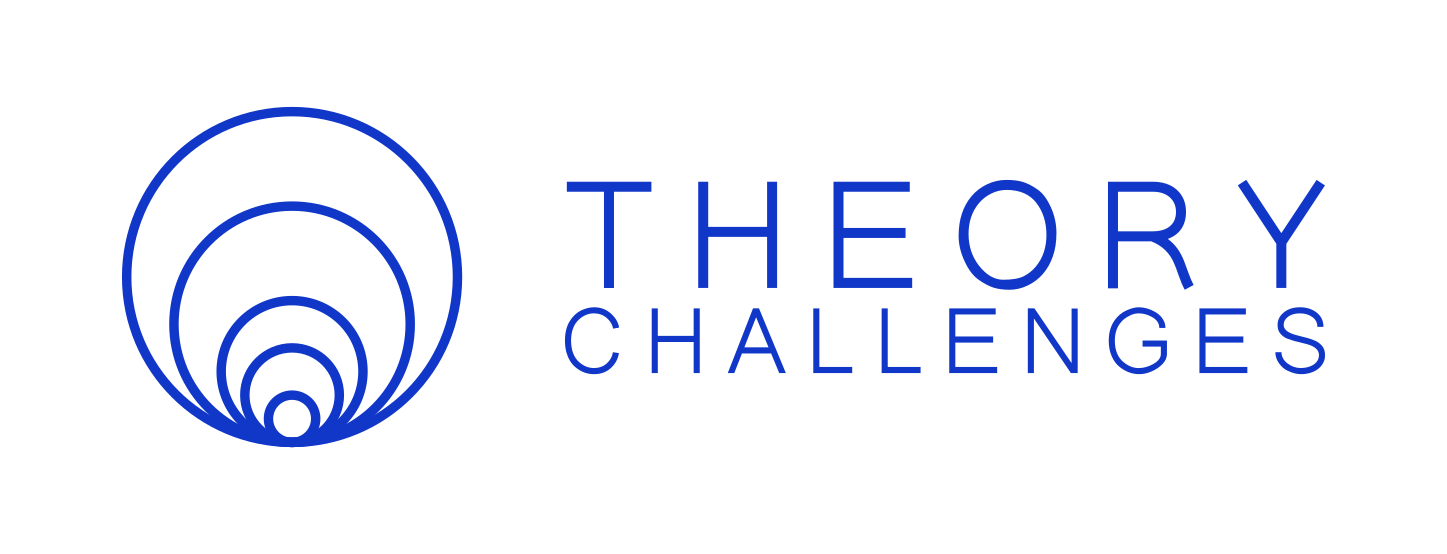About
“Fundamental challenges in theoretical physics” is the COST action running from 2023 until 2027 (acronym: THEORY-CHALLENGES, action number: CA22113).
Physicists are able to model the world with remarkable accuracy: from the largest cosmological structures to human-scale condensed-matter systems, all the way down to subatomic particles. However, in many cases the mathematical description underlying such systems is so involved that it is only possible to make predictions in an approximation where the interactions are weak. That is, one starts from a free theory and then switches interactions on, order by order in a small parameter. Not only does this strategy fail when applied to strongly-interacting systems, but it also prevents us from answering fundamental questions in theoretical physics.
This Action aims at developing a comprehensive approach for studying strongly-interacting systems in classical and quantum physics by exploiting symmetries, dualities, and the internal consistency of the underlying theories. This calls for the cooperation of researchers from different fields, across Europe and beyond. The Action will bring together theoretical and mathematical physicists with expertise in quantum field theory, string theory, gravity, geometry and information theory, establishing the first network of this kind centred around Europe. Such a critical mass will also boost the visibility and impact of European research in theoretical physics.
In parallel, this Action will strive to bring cutting-edge research in theoretical physics to the general public and to high-school students in particular. Working with teachers and local public bodies, it will combat long-standing prejudices on physics and research that turn away bright young students, and that in the long run may fuel indifference if not distrust towards science.
Official description at the COST website

Working Groups
- Gauge Theories
- Gravity and Holography
- Low-dimensional Systems
Main Contacts and Leadership
Action Chair: Alessandro Sfondrini
Action Vice-chair: Piotr Sułkowski
Management Committee – a list of members
Working Group 1: Leader – Diego Rodriguez-Gomez, co-leader – Predrag Dominis Prester
Working Group 2: Leader – Nicolaos Toumbas, co-leader – Martin Cederwall
Working Group 3: Leader – Riccardo Borsato, co-leader – Nils Carqueville
Grant Awarding Coordinator: Boris Pioline
Science Communication Coordinator: Fiona Seibold
Sustainability Coordinator: Sibylle Driezen
Inclusiveness Coordinator: Nihal Buyukcizmeci
Training and Schools Coordinator: Saskia Demulder
Cross-diciplinary Activities Coordinator: Paolo Rossi
COST Staff – Science Officer: Fatima Bouchama
COST Staff – Administrative Officer: Cassia Azevedo
Short Term Scientific Missions
The COST Action THEORY-CHALLENGES (CA22113) invites applications for its Short Term Scientific Mission (STSM) program.
The goal of this program is to foster collaboration between COST Action Participants by supporting scientific visits of researchers from a COST country to a host institution located in a different COST country, with the aim to advance a specific research objective within the broad research area covered by the Action. The duration of the visit may range from one week (5 days) to four weeks, but may be extended if funding from other sources is available.
The STSM program is open to any researcher with an academic affiliation in any of the COST countries, provided they are registered to one of the workgroups. Junior researchers (PhD students and postdoctoral fellows) are particularly encouraged to apply. Applications by permanent researchers with limited access to funding will also be considered.
Support will be granted in the form of a lump sum covering travel and/or subsistence. Successful applicants are responsible for making their own travel and housing arrangements, and must submit an expense claim and scientific report within 30 days after the visit, after approval of which the payment will be disbursed. Note that the allocated amount will not exceed 4000 Euros by COST rules, and will depend on the length of the visit.
Applications are selected by the Grant Evaluation Committee, composed of Profs. L. Anguelova, N. Bobev, P. Caputa, J. Erdmenger, R. Monteiro, E. Tonni, S. Vandoren, K. Zarembo, chaired by the Grant Awarding Coordinator (B. Pioline) and with the participation of the Inclusiveness Coordinator (N. Buyukcizmeci).
Applications round 2023
This call is already closed. It covers visits starting from January 8 and ending no later than July 30, 2024. The visits of the following scientists have been funded:
– Guillermo Arias-Tamargo (Imperial College London) to Uppsala University
– Stefano Baiguera (Ben-Gurion University of the Negev) to NBI Copenhagen
– Pablo Saura Bastida (Universidad Politécnica de Cartagena) to Durham Univeristy
– Nicolò Brizio (University of Turin) to York University
– Elia de Sabbata (University of Turin) to King’s College
– Saskia Demulder (Ben Gurion University of the Negev) to King’s College
– Marco Fazzi (University of Sheffield) to Padova University
– Emil Have (Niels Bohr Institute) to SISSA
– Pedram Karimi (University of Warsaw) to Uppsala University
– Osama Khlaif (University of Brimingham) to LPTHE Paris
– Gabriel Oliveira Lefundes (CEA Saclay) to CERN
– Quim Llorens (University of Barcelona) to Wurzburg University
– Vincent Menet (Sorbonne Université) to Imperial College London
– Rafał R. Suszek (University of Warsaw) to Horia Hulubei Bucharest
– Eduardo Garcia Valdecasas (SISSA) to Oviedo University
– Stathis Vitouladitis (University of Amsterdam) to Cambridge University
Applications round 2024
This round of applications will be announced in the autumn of 2024. Applications should be made through the COST portal before the deadline to be announced. Supporting documents include a research statement (not longer than one page for visits less than 2 weeks), a Curriculum Vitae including a valid link to publications on INSPIRE or arXiv, a letter from the host scientist endorsing the visit (if necessary, the latter can be sent privately to the Grant Awarding Coordinator, in that case please upload an empty letter), and a budget estimate (please indicate in the research statement if you or the host institution have access to funding from other sources).
Conference grants
ITC Conference Grant for Eurostrings 2024
The COST Action THEORY-CHALLENGES invites applications for its ITC Conference Grant Program. This program offers financial support to attend conferences in the fields relevant to the Action and, by COST rules, is targeted at young researchers (younger than 40 years old) from Inclusive Target Countries (the current list: Albania, Armenia, Bosnia and Herzegovina, Bulgaria, Cyprus, Czech Republic, Estonia, Croatia, Georgia, Greece, Hungary, Lithuania, Latvia, Malta, Moldova, Montenegro, Poland, Portugal, Romania, Slovenia, Slovakia, Republic of North Macedonia, Republic of Serbia, Türkiye and Ukraine).
For this year, due to various administrative constraints the only eligible conference is the Eurostrings 2024 Conference, due to take place in Southampton from September 2 to 6, 2024. Support will be given in the form of a lump sum which will cover travel and local expenses as well as registration fee. ITC Conference Grantees are required to give a contributed talk at the conference. Applications should be submitted on the e-COST portal (see below for “how to apply”) before the deadline June 9th, 2024.
Applications will be selected by the Grant Evaluation Committee, composed of Profs. L. Anguelova, N. Bobev, P. Caputa, J. Erdmenger, R. Monteiro, E. Tonni, S. Vandoren, K. Zarembo, chaired by the Grant Awarding Coordinator (B. Pioline) and with the participation of the Inclusiveness Coordinator (N. Buyukcizmeci). Successful applicants will be notified by June 21st, 2024.
How to apply
Please log into your e-COST account at or create an account. If you are not a member of the Action, please apply to join one or more working group. To apply for an ITC grant please visit this link. You will have to fill in a form and, subsequently, upload the following documents:
-
The filled-in grant application template, which you may download from the portal (you may leave the section “Relevance of the Conference topic to the Action” blank in this case)
-
The acceptance letter from the Eurostrings organisers if any. You can also upload a blank document if you have not yet been invited to speak.
-
The abstract of your talk
-
As “other documents”, a CV with a list of publications.
Events
Kick-off meeting
The first official meeting during this COST action will provide a chance to meet its participants and get acquainted with the topics they are working on.
Dates: May 13-15, 2024
Place: University of Padova
Website
__________
Young Researchers School on Topological aspects of low-dimensional quantum physics
The topic of the 2024 edition of the Young Research School is the exploration of the topological properties of low dimensional quantum field theories. In particular, the school will offer an introduction to the fast evolving field of generalised symmetries, quantum computions and topological insulators. This event is co-organized by the COST Action 22113.
Dates: April 21-27, 2024
Place: Maynooth University, Irland
Website
__________
Iberian Strings 2024
Iberian Strings 2024 is the 16th-installment of the annual meeting of the Spanish and Portuguese String Theory community, where recent developments in the field of supergravity, strings, branes and gauge theory are discussed. This event is co-organized by the COST Action 22113.
Dates: January 17-19, 2024
Place: Porto University, Portugal
Website
Sustainability
As members of the hep-th community, it is pivotal to acknowledge our responsibility in minimising the environmental footprint of our scientific endeavours. Research indicates that large academic gatherings, like conferences and workshops, significantly contribute to carbon emissions due to travel, energy use, catering, and waste generation. Embracing sustainable practices in our event organisation is not only necessary to address the climate crisis but also serves as a tangible step toward reducing our collective carbon footprint, crucial for a more environmentally conscious scientific community. Our sustainability guidelines are explained in detail in the file linked below.
Acknowledgements


